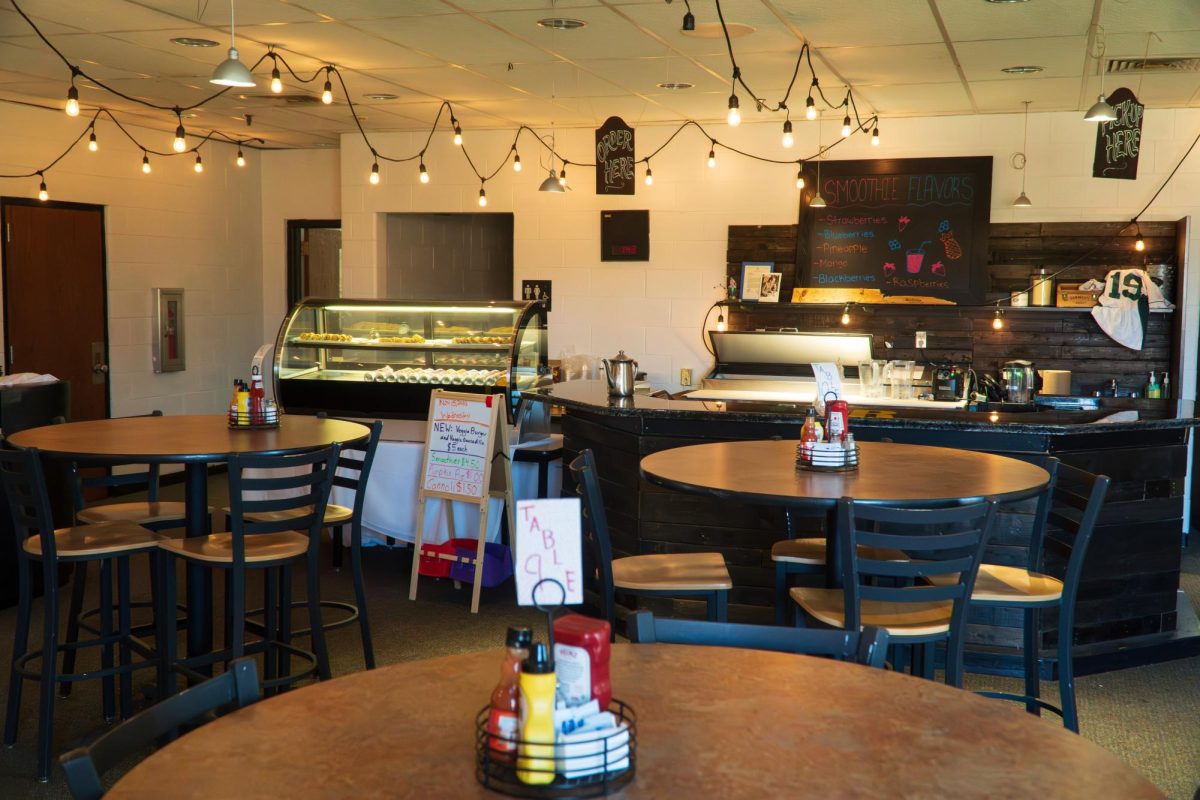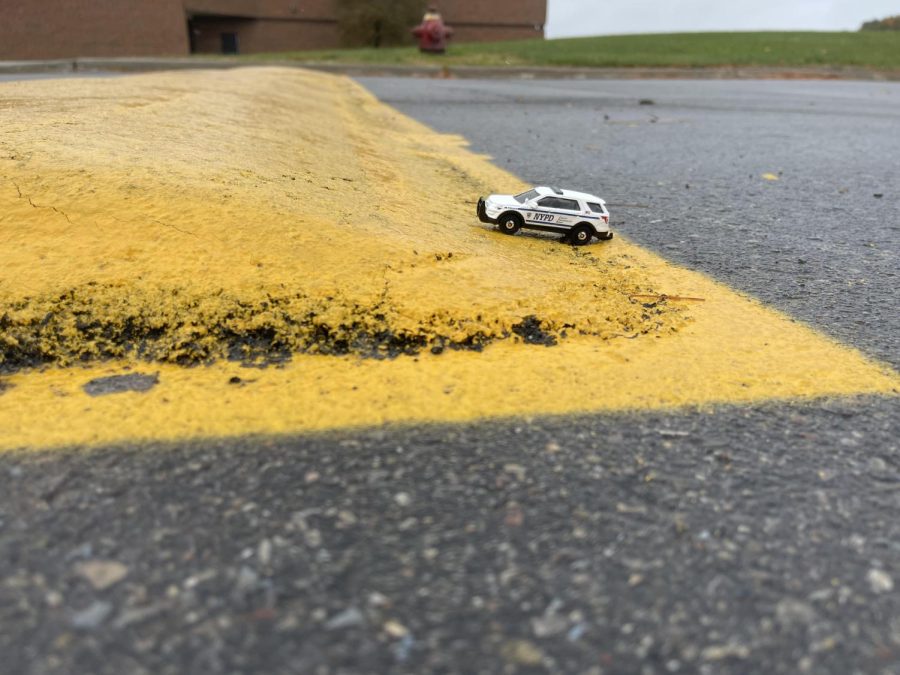Ask any high schooler their thoughts on the current political climate, and various answers will be given. Some will shy away from answering for fear of being controversial, while others will jump in and advocate strongly for their beliefs. Responses might include the all-too-common “I don’t know” or “I don’t care.” Despite all this, youth is the future of American politics. Like it or not, political discussion bleeds over into everyday life, the education system being no exception.
The issue of politics in the education system has become a topic at the forefront of many minds across the nation. Just thirty minutes away from the halls of Howell High School, Ann Arbor Public Schools announced on January 13th that they endorsed a ceasefire in the Israel-Hamas war. This controversial decision by its school board has divided Ann Arbor and surrounding communities, leading many to question what role politics should play in the education system and the role of school boards and other education officials within the political landscape.
“Well, while I think a school board member’s first duty is to create policies that enable kids to learn in their schools, that’s kind of it; with that said, they (school board members) are elected by the community that they live in, that they serve, so to a certain degree, they are going to represent the community because that’s who chooses them…So it’s not that it’s political; politics are just going to influence the school board. But I think schools that always come back to their original mission, which is to serve their students, are going to find it easier to make decisions, although that doesn’t mean those decisions will be popular,” HHS teacher Mr. Gregory Talberg says.
The prevalence of politics in today’s society has naturally fostered student interest, and the Howell community is no exception. Howell was formerly home to the HHS Democrats club run by Mr. Talberg. A society of politically motivated students formed the club to have a place to express their opinions. The club recently dissolved due to a lack of student interest, but many members fulfilled their role in fostering political discussion and opportunities; one former member headed off to the University of Michigan, where they became a leader of the “March For Our Lives” chapter in Michigan. While student participation in these clubs declined, the issues discussed and their mark on the member’s life are still prevalent today.
“I don’t think it’s important that it’s (political discussion) at school. I think most important is that students educate themselves about politics more than anything else because I just feel like a lot of times, not just students, people have opinions on things without really understanding them or knowing the actual facts,” Mr. Talberg says.
Politics circulate through everyone’s lives, whether they seek them out through activities like watching the news or, in contrast, having the most recent hot topic thrown in their face on social media. This manifests inside the classroom, particularly in Howell High School’s English, Social Studies, and Debate classes, where issues of political interest can be presented in a controlled, neutral environment, allowing students space for voicing their political stances.
“You see, I play devil’s advocate a lot, and just getting in that habit of questioning everything is a way to work through dialogues productively,” English teacher Mr. Deven Parrish says.
With the teacher playing the role of the mediator, some believe that this method fosters healthy political discussion without impressing the opinion of educators onto students.
“I believe we are here to teach kids how to think and not what to think,” Mr. Parrish says.
For many high school students, revealing opinions can be daunting due to the judgment that might follow.
“Well, of course, people are going to judge you for anything in politics. I mean, that’s the nature of politics, but I think as an institution of learning, we should encourage people to share their political opinions. I mean, maybe not completely accepting, but be willing to listen to ideas, right? I’m not saying you have to listen to agree, but being able to have a discussion is important; I think that’s something we are losing in American culture sometimes, so as a high school, we should really encourage that,” senior Daniel Warfield says.




